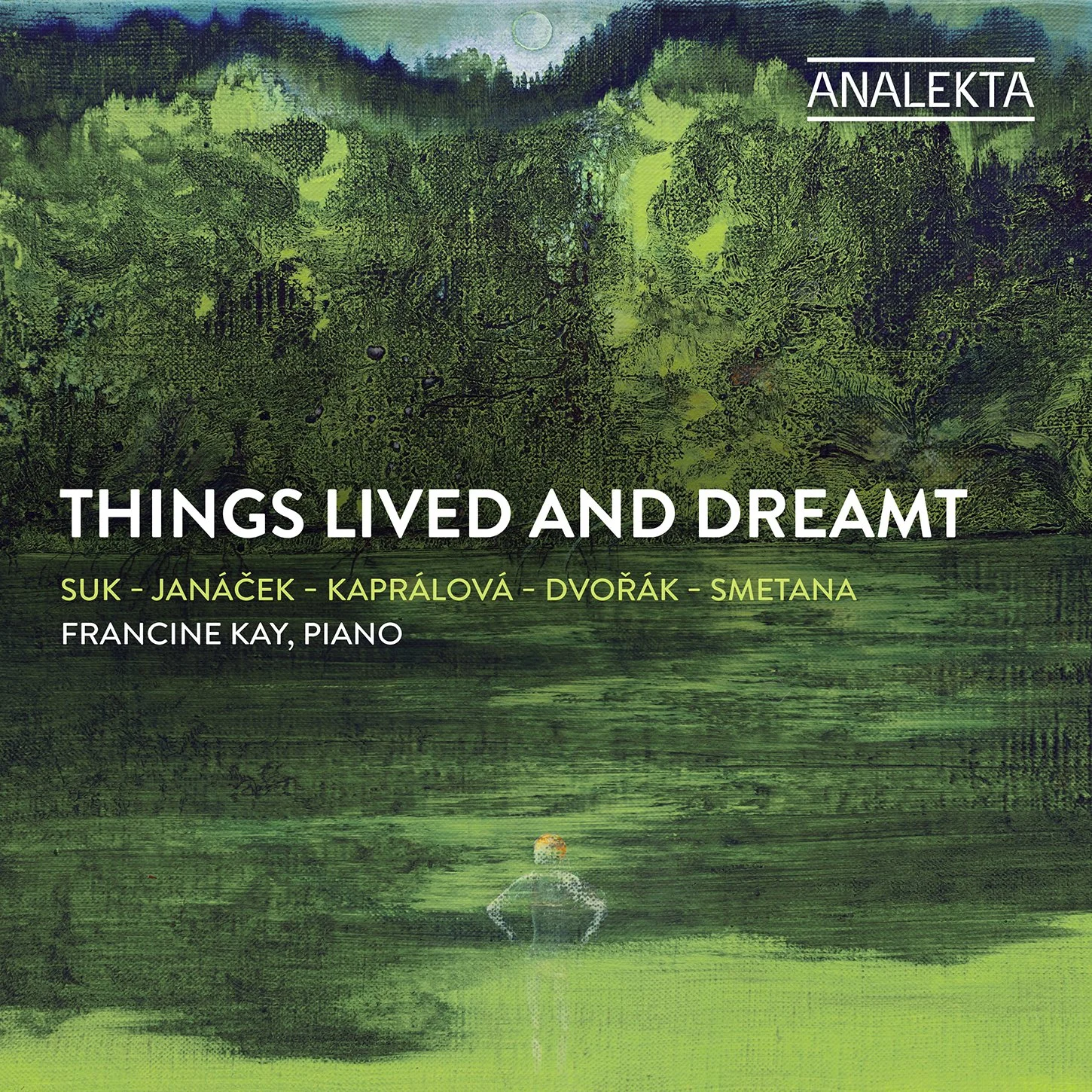Guitarist David Leisner's new album Charms to Soothe (Azica Records) features rarely heard 19th century gems by Johann Kasper Mertz, Leonard Schulz, Fernando Sor, Mauro Giuliani, and Giulio Regondi. We spoke with Leisner about the new album, what makes this repertoire special, and his 40+ year career as a composer and guitarist.
Why did you start playing classical guitar? What drew you to it initially, and what made you stick with it?
My mother was dying for me to play the violin when I was 9 years old. I tried, but just didn’t take to the instrument, sawing away at “Mary had a little Lamb” and sounding awful. So we next gravitated to the guitar, partly because I liked the sound and partly because it was possible to rent one on the way to buying one, so it was economically attractive. I took up folk guitar and played and sang folk songs in many different languages until I started classical lessons at 13, and then I was hooked, though I didn’t give up folk and pop singing until several years later..
In the liner notes for Charms to Soothe, you write that you created a sonata out of the four pieces by Mauro Giuliani. Why was it important to you to do that?
Those pieces were all from the Op. 148 collection, called Giulianate, which I consider to be among the very best pieces by Giuliani. I always thought that the first piece in the set, “La Risoluzione” was a little lonely, being in a kind of early Sonata allegro form, but without more Sonata movements to follow it. When I was assembling repertoire for this album, it occurred to me that the Scherzo, La Melanconia and Il Sentimentale pieces in the same collection, would not only function perfectly as a typical Scherzo movement, slow movement and finale, but were also in compatible keys and shared similar musical material as well. When I played them together, voilà!, it felt just like a Sonata!
Many listeners think of nearly the entire body of classical guitar music as soothing. What is it especially about the selections on the album that make them “Charms to Soothe”?
Well, that’s a good point, although a lot of early 19th-century guitar music consists of virtuosic showpieces that get the blood boiling. While most of the music on the album is really quite virtuosic, that’s beside the point. This music emphasizes lyricism and soulfulness.
Assuming you've lived with this music for many years, how is your approach and interpretation of them now, vs when you first learned them?
That’s a deep question. Yes, all but the Leonard Schulz pieces are pieces I have lived with for many years. I would like to think that, over the years, I have learned to be more singing in my approach to them and find an ever-greater balance between a sense of structural coherence and beautiful, colorful moments. Also, I have always taken my interpretive cues with this music from the great pianists’ interpretations of Haydn, Mozart, Schubert, Beethoven, Mendelsohn and Schumann, and I believe that over time, this connection has deepened and become more natural. Schulz was a more recent discovery for me, but we became fast friends.
Johann Kaspar Mertz wasn’t well known when you began to play his music 40+ years ago. Since that time, you have helped bring his music to the fore. How did you initially learn about Mertz and his compositions, and why do you feel he is an important figure in 19th century music?
I came across Mertz’s music for the first time in the mid-1970s, in the back of a book of late 19th-century music. I had been looking for music of the Victorian era, and that music in this book was OK, but the pieces at the end of the book by this Romantic-era guy that I’d never heard of were a knockout. I realized then and there that finally I had found a 19th-century guitar composer whose music was of a level of compositional sophistication and emotional depth that was on par, or close to it, with the great composers of his era.
You are also a composer. How does your experience writing music influence your skills as a guitarist?
I have always felt that being a composer enriches your abilities as an instrumentalist, and the same vice-versa. Having familiarity with creating a piece of music from scratch gives you a sense of why one musical event might follow another and makes the whole process of developing an interpretation more organic. It sensitizes you to the emotional weight and meaning of harmony and the essential importance of character and tempo markings, not to mention the significance of nuance and fine detail in shaping an interpretation. Overall, I’d say that being a composer reminds you of the importance of Balance, so that physical/technical limitations or possibilities take a back seat to the more essential matters of the music’s meaning. On the other hand, to take it a step further, being an instrumentalist can help a composer treat seriously the importance of communicating to an audience, as well as the physical requirements and enjoyment of playing an instrument. I love pursuing both disciplines and wouldn’t have it any other way!





